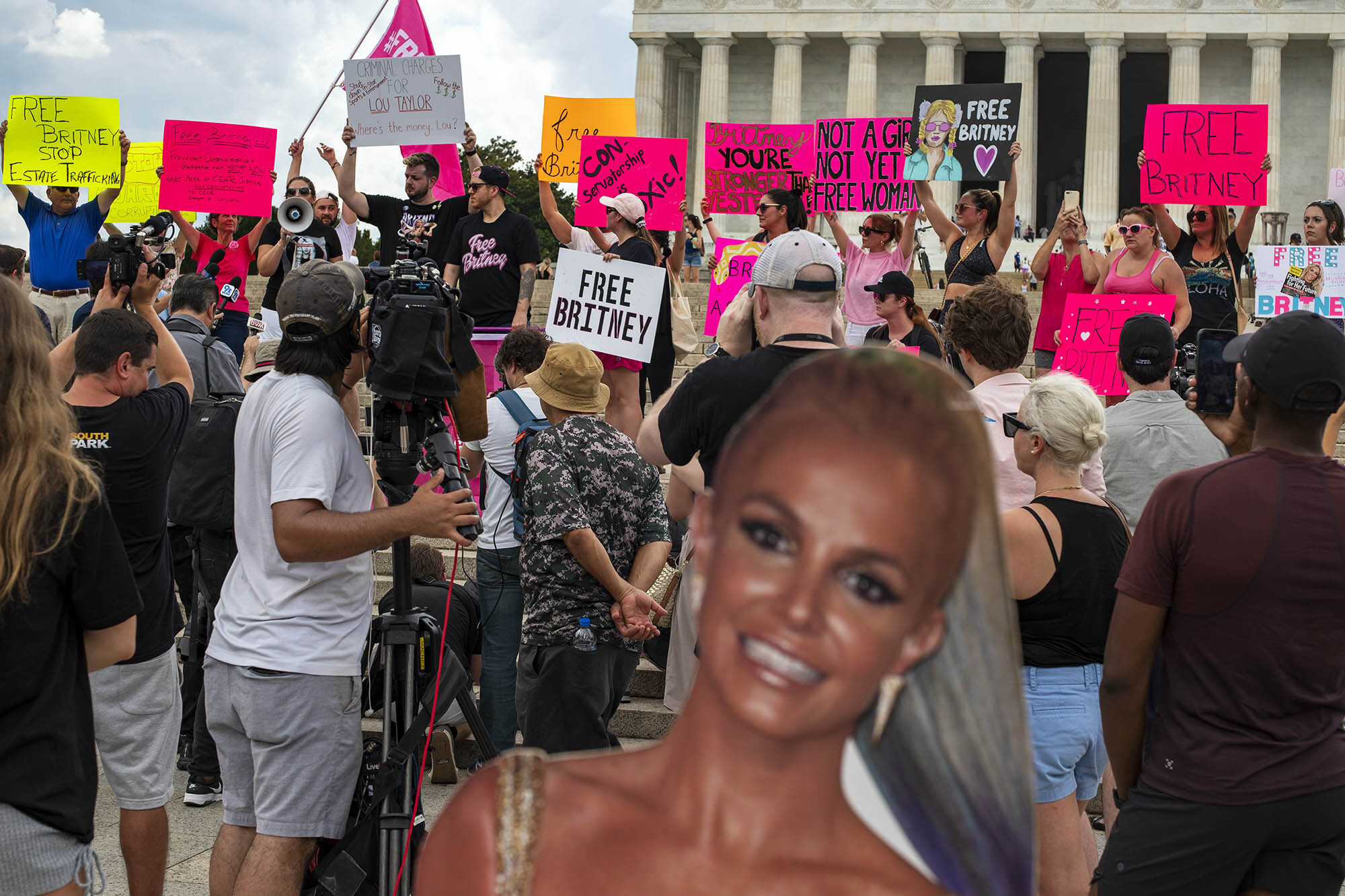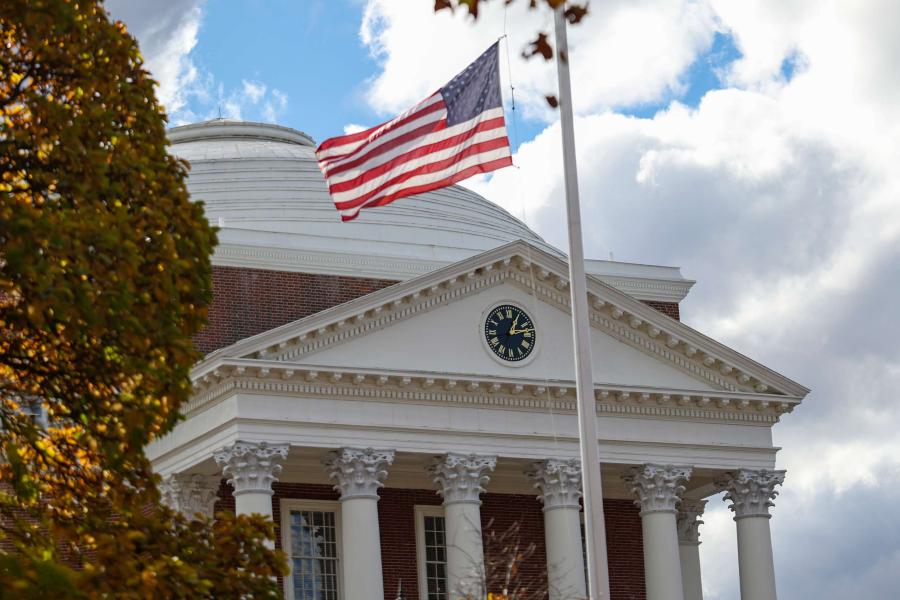Conservators are subject to court oversight and are typically required to submit annual reports to the court. And California law – which is similar to the rules in most states – requires the court to monitor each conservatorship to protect against abuse and ensure that the conservator is acting in the best interests of the subject.
Conservators Often Have Broad Powers
Jamie Spears was appointed as conservator by a California court in 2008. Since then, he’s reportedly received at least $5 million in fees.
At different points in time, Jamie Spears has served as both the “conservator of the person,” which refers to someone able to make medical and other personal decisions on another’s behalf, as well as the “conservator of the estate,” which involves financial decisions. Most recently, before he was removed Wednesday, Spears served only in the second role, while Jodi Montgomery, a licensed personal fiduciary and care professional, is Britney Spears’ conservator of the person.
The California judge approved accountant John Zabel as Jamie Spears’ successor as conservator of the estate, at least until the Nov. 12 hearing that will decide whether the conservatorship is terminated.
While the standard in many states is to impose the fewest restrictions so the person retains the most rights possible, the powers of a conservator can be broad. And the person subject to one may lose the right to marry, make a will, vote or consent to medical treatment.
And imposing a conservatorship is not supposed to be easy. California requires “clear and convincing evidence” that one is necessary. The law also states that the individual has the right to be represented. The one imposed on Spears, however, was done quickly.
Conservatorship Abuse and ‘Anemic’ Oversight
Broad powers and what my colleague, Nina Kohn, has characterized as “anemic” oversight make conservatorships subject to multiple forms of abuse, ranging from the imposition of unnecessary restrictions on the individual to financial mismanagement. Nothing can be done if no one finds out about the abuse.
A 2010 U.S. government report identified hundreds of allegations of physical abuse, neglect and financial impropriety by conservators. Most of them related to financial exploitation, and that, in turn, often meant that the victim’s family was affected, losing not just expected inheritances, but also contact with the person subject to the conservatorship.
A 2017 New Yorker article on abusive guardians highlighted the case of April Parks, who was sentenced to up to 40 years in prison for financial conduct related to numerous conservatorships she handled. She was also ordered to pay more than half a million dollars to her victims.
But beyond these anecdotes, no one even knows the magnitude of the problem. That’s because conservatorships are subject to state law, and each state handles the imposition of them as well as data collection differently. A 2018 Senate report found that most states are unable to report accurate data on conservatorships.
The National Center for State Courts estimated in 2016 that 1.3 million adults in the U.S. are subject to some kind of conservatorship – representing about $50 billion in assets – but a previous report suggested the number of cases could be more than double that.
There’s virtually no data on how often conservators misuse their power or when a conservatorship has been improperly imposed.
‘Free Britney’ May Lead to Reforms
However, this may begin to change, thanks to growing publicity of the issue.
The 2020 Netflix movie “I Care a Lot” told the story of a fictionalized abusive guardian played by Rosamund Pike, who won the Golden Globe Award for best actress for the role. And a 2020 episode of the investigative series “Dirty Money” profiled what it alleged was guardian abuse by several lawyers, including one who subsequently filed a lawsuit claiming defamation.
In February 2021, The New York Times aired “Framing Britney Spears,” which documented her “yearslong struggle under” the conservatorship. Times reporters also exposed confidential court records that showed Britney Spears has been unhappy with her father since at least 2014. A court investigator in 2016, for example, wrote that the conservatorship “had become an oppressive and controlling tool against her.”
Now, members of Congress as ideologically opposed as Texas U.S. Sen. Ted Cruz and Massachusetts U.S. Sen. Elizabeth Warren have joined the “Free Britney” cause and are pushing for conservatorship reforms and more data on the legal arrangements.
While states have made some improvements, such as urging more autonomy for conservatees and less-restrictive alternatives to conservatorships, reform advocates such as Kohn, a Syracuse University law professor, say more is needed to protect the rights of individuals and prevent abuse, including stronger oversight.










